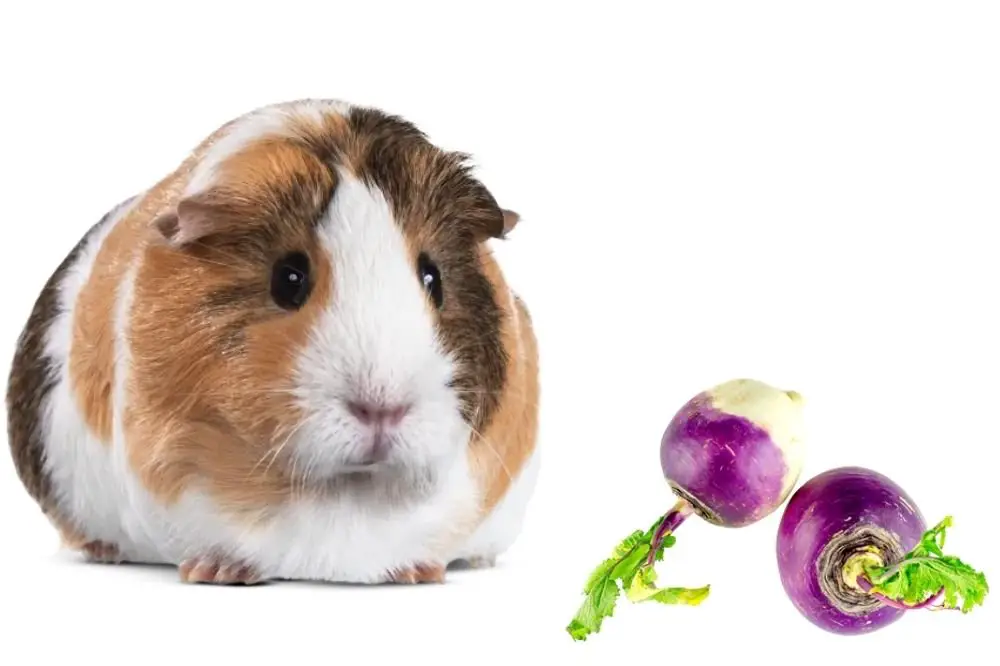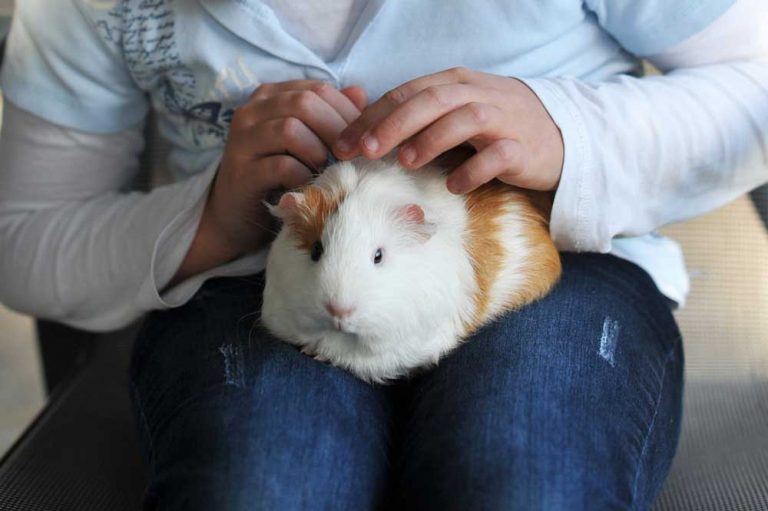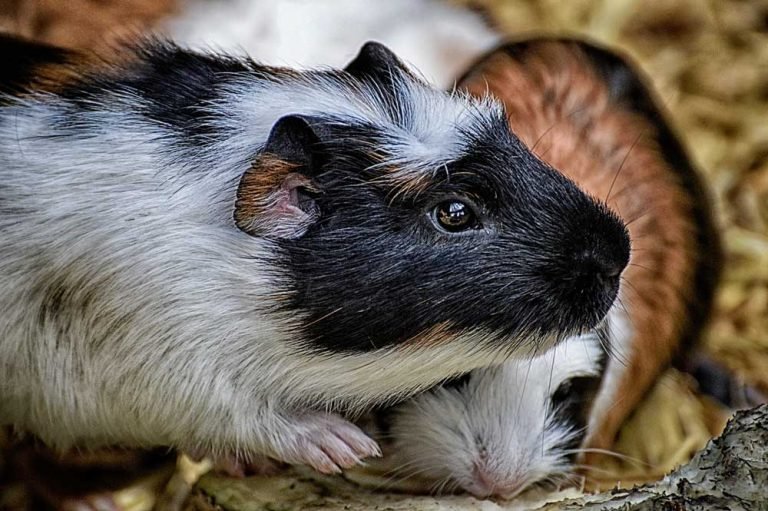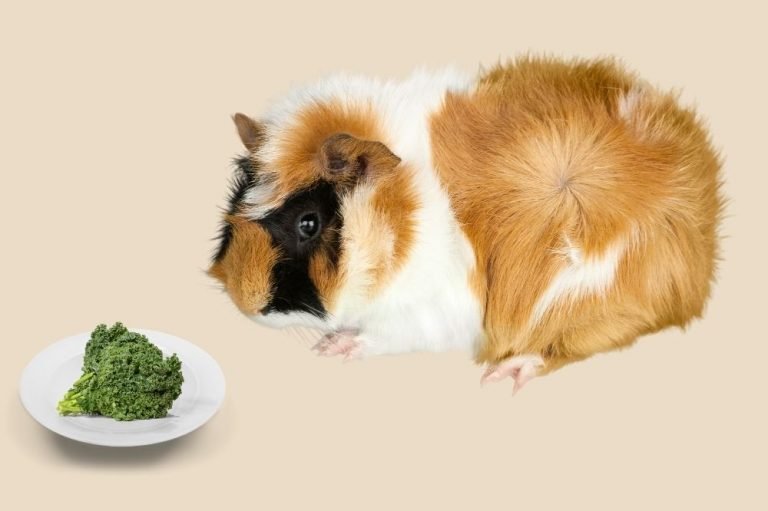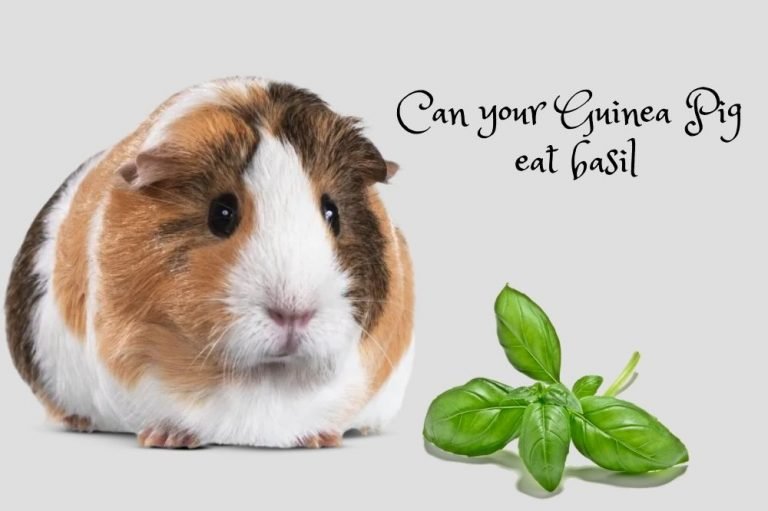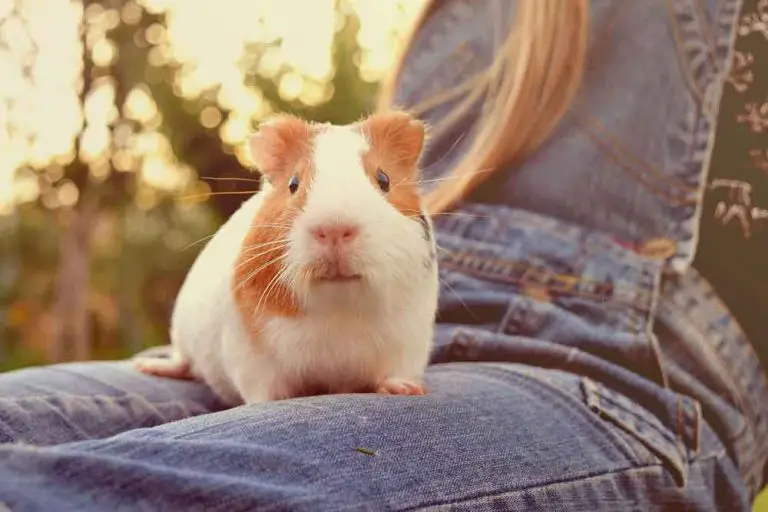Can Guinea Pigs Eat Turnips?
Guinea pigs are herbivorous animals with a big appetite for food. They feed on mostly hay which should always constitute 80% of their diet.
To make their food less boring and more nutritious dense, a cup of vegetables is recommended as part of their daily food. Guinea pigs love fresh vegetables and leafy greens and they will munch on them quite fast tempting you to give them more.
As part of their daily vegetable requirement, you may wonder whether it’s safe to include turnips to their food or not. Well, wonder no more because I got you covered.
Let’s look at turnips as part of guinea pigs’ meals.
Can guinea pigs eat turnips?
Guinea pigs can eat turnips because they are safe and nutrient-rich vegetables. They contain Vitamin C which is vital for guinea pig health, fiber that aids in digestion, Vitamin A which enhances immunity, and iron that prevents anaemia. They also lower blood pressure and have anti-inflammatory compounds. However, turnips should not be fed in high quantities as they may bring about bloating and kidney stones.
Why turnips are good for guinea pigs
Turnips have many nutrients and they are in the same sprout family as broccoli, kale, cauliflower, and radish. They are called cruciferous veggies and they contain:
Vitamin C
Guinea pigs share some characteristics with humans and apart from having different personalities like us, they also don’t have the ability to produce or even store Vitamin C.
This makes it necessary for you to supplement the vitamin with foods rich in it to ensure that they get the required amount.
Vitamin C prevents scurvy which is a common cause of death in guinea pigs. Scurvy is a painful condition that affects the joints, bones, and skin.
The vitamin also aids in boosting the immunity of guinea pigs and in fast healing of wounds.
Fiber
Turnips contain dietary fiber which is a requirement for the sensitive digestive system of guinea pigs. They are susceptible to stomach upsets and diarrhoea.
Fiber helps prevent constipation by smoothening out the digestion process.
Fiber can also keep guinea pigs feeling full for longer stabilizing blood sugar and weight gain.
Vitamin A
Vitamin A enhances healthy vision in guinea pigs which is good because their eyesight is naturally poor. The vitamin also works as an antioxidant to prevent tissue damage and promote healthy tissues and skin.
Iron and copper
Turnip greens contain minerals like iron and copper which are good for blood and prevent anaemia.
Antioxidants
Antioxidants in turnips like carotenoids will work as anti-inflammatory and anti-cancer components that will effectively prevent cancer and get rid of inflammations.
Potassium
Potassium in turnips lowers blood pressure by releasing sodium from the body and aiding arteries in dilation.
Effects of turnips on guinea pigs
Although they are good additions to your guinea pig’s diet, turnips do have some negative effects if eaten in high quantities. This is why they should be eaten in moderation.
Some of their effects are:
Gas and bloating
Turnips bring about gas and bloating even in humans. It’s usually said that if a certain food gives you gas, it could give your pet gas too.
Gas is a dangerous condition for guinea pigs as they have no way of getting it out of their bodies. A bloated guinea pig will be restless, uneasy, and you could notice that their stomach is distended.
If you suspect that your pet is suffering from gas, call a vet right away as the condition could be fatal.
Urination problems
Turnips have calcium content that can lead to the formation of bladder and kidney stones. Calcium is important for only young and pregnant guinea pigs who require it for the growth of strong bones.
Adult guinea pigs have no use for it and if they consume high quantities of calcium it brings about kidney stones that lead to urination problems. Your guinea pig will experience pain while urinating or not be able to urinate at all.
Turnip greens will have more calcium content compared to the bulb.
Stomach upsets
Turnips contain a non-digestible carbohydrate called raffinose. The inability to digest this compound could bring about stomach upsets to guinea pigs who naturally have delicate stomachs.
Can guinea pigs eat turnip skin and leaves?
Guinea pigs can eat turnip skin and leaves. They have good amounts of Vitamin C which makes them healthy to eat.
Always make sure to wash the skin and leaves thoroughly before feeding them.
How to feed turnips to guinea pigs
Ensure the turnip is fresh. Guinea pigs can get picky and refuse to eat older ones.
Before feeding turnips, you should first wash them carefully to get rid of chemicals and bacteria.
You can offer either the bulb, the leafy part, or both depending on your pet’s preference. Cut the part you are offering into small pieces then give your pet.
If you are feeding turnip for the first time, you should give a small piece first then observe your pet for 12 hours for any reactions they may have like stomach upsets or diarrhoea.
If no adverse reaction is observed, you can safely include the vegetable in their food. Because of the problems that may arise due to feeding a lot of it, always offer the vegetable once or twice per week.
Ensure that you do not feed your guinea pig high calcium foods on the same day as turnips.
Turnip alternatives
If your guinea pig doesn’t like turnips, or the vegetable upsets their stomach you can offer them other alternatives like:
- Carrots – carrots are high in Vitamin C and potassium.
- Lettuce – lettuce contains Vitamin C, Vitamin K, and folate.
- Cucumber – cucumber has high water content which is hydrating in addition to Vitamin C and potassium.
Conclusion
Guinea pigs can safely eat turnips due to their good nutrients like Vitamin C, Vitamin A, fiber, potassium, and antioxidants.
Both bulb and leaves of turnip can be eaten. They aid in digestion, lower blood sugar, and enhance overall guinea pig immunity.
The vegetable should be offered in moderation to prevent the formation of kidney stones and bloating.

